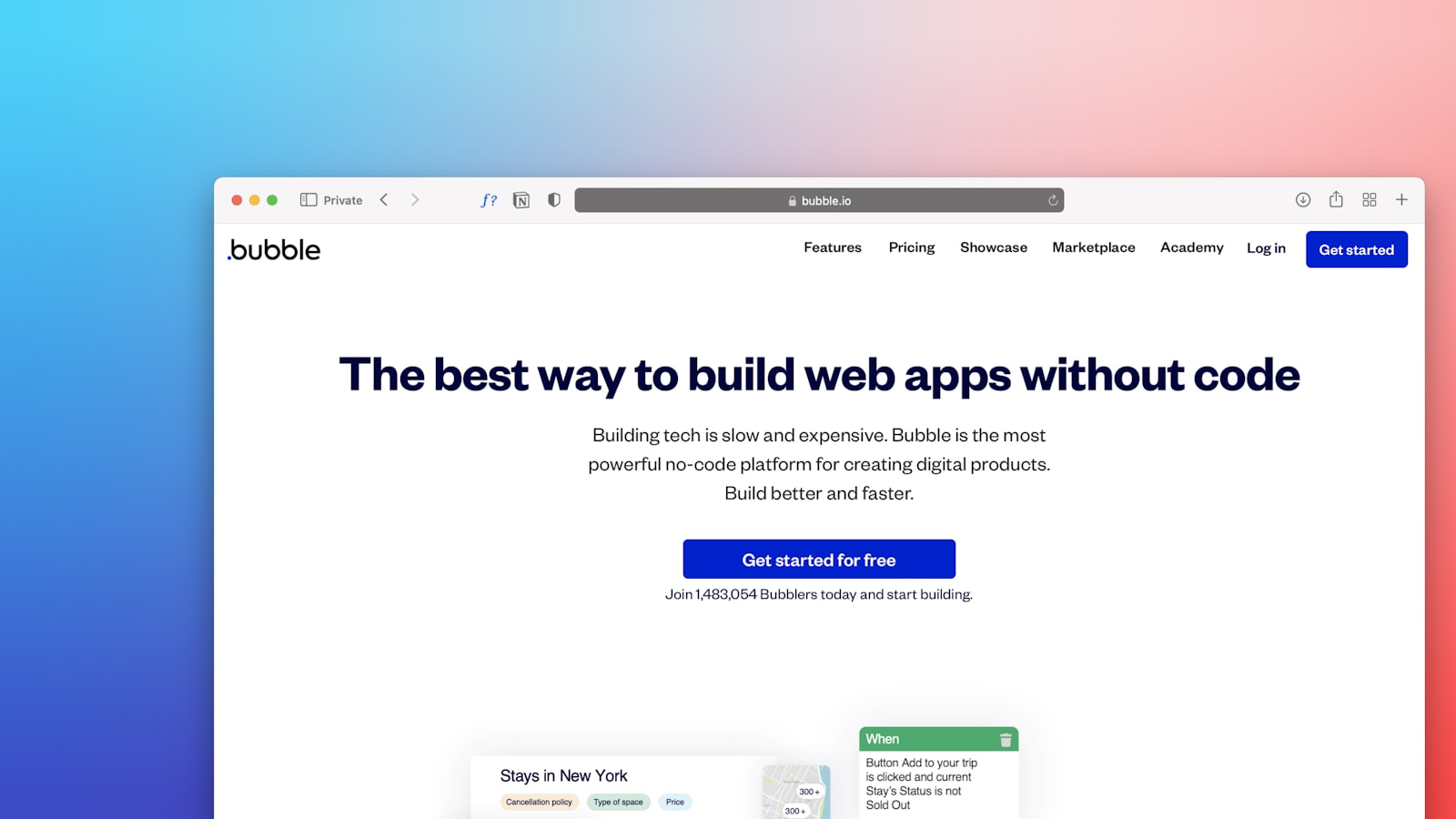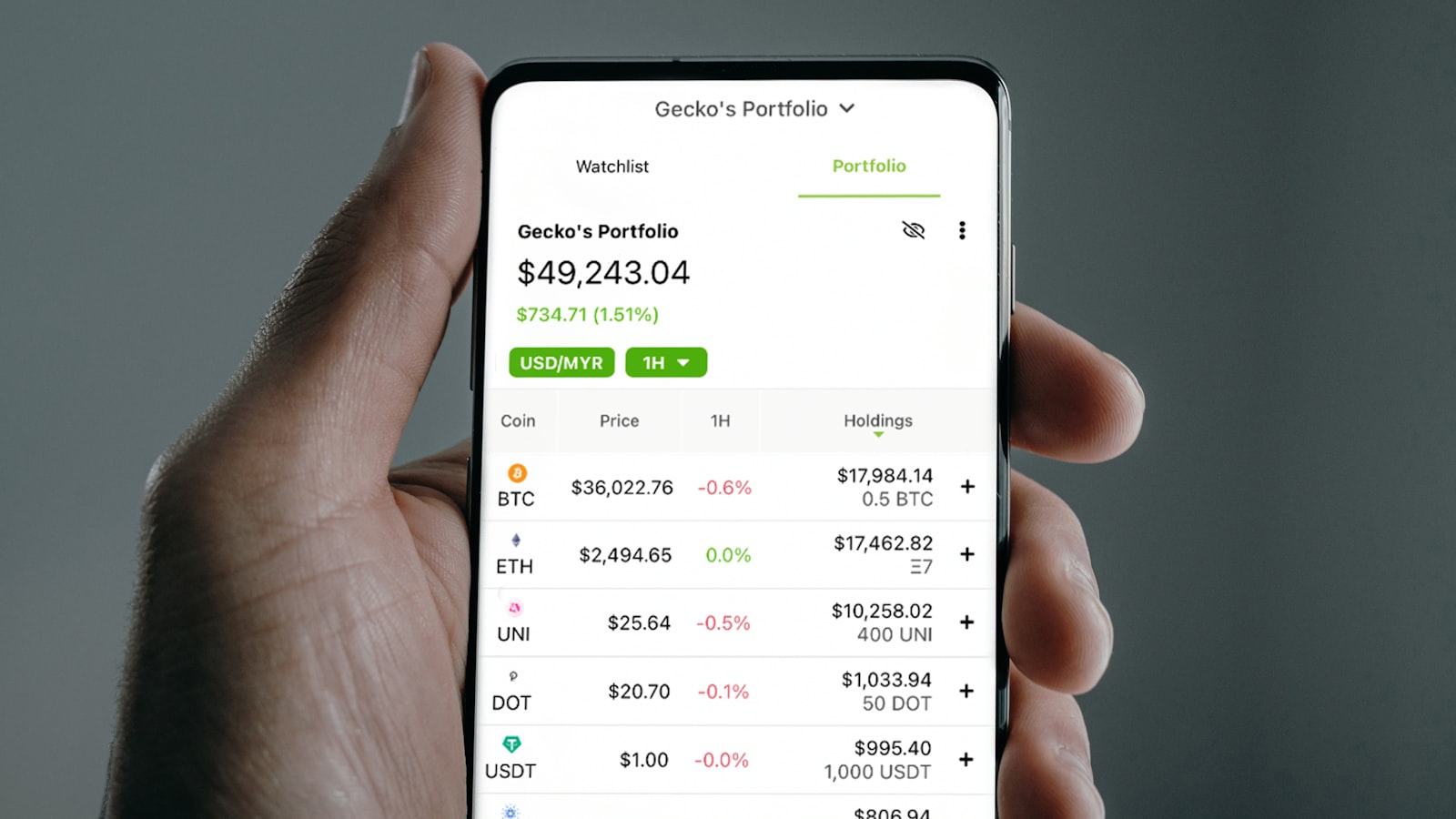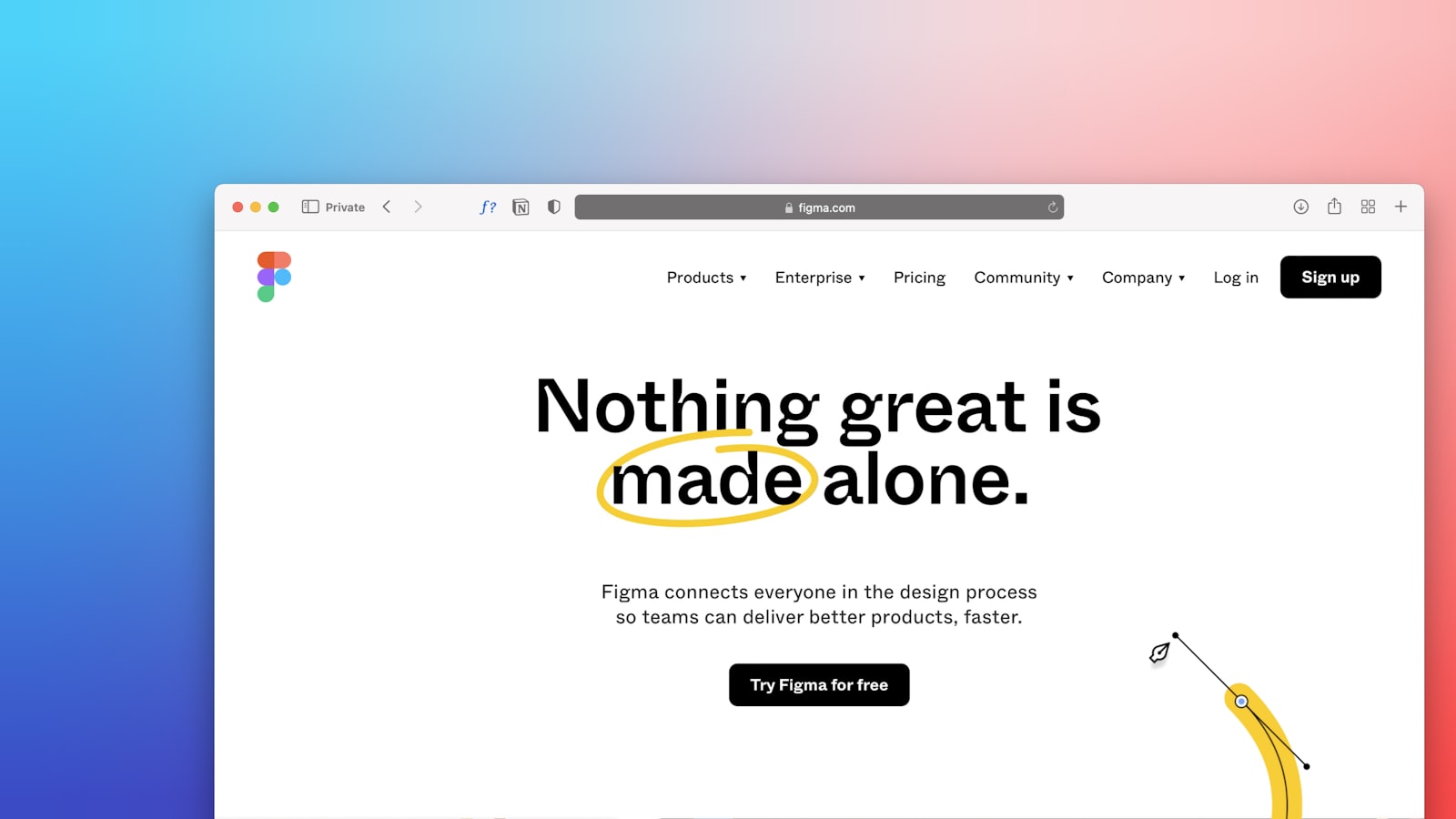What is a Finder's Fee? Understanding the Concept and Benefits
What is a Finder's Fee? Understanding the Concept and Benefits
What is a Finder's Fee? Understanding the Concept and Benefits
Discover what a finder's fee is, how it works, and the benefits it offers. Learn everything you need to know about what's a finders fee in this guide.
Discover what a finder's fee is, how it works, and the benefits it offers. Learn everything you need to know about what's a finders fee in this guide.



What is a Finder's Fee? Understanding the Concept and Benefits
Introduction
Ever wondered what a “finder’s fee” is and why it pops up in business conversations? Well, you’re in the right place. A finder’s fee is a reward given to someone for bringing two parties together to complete a deal. Think of it as a matchmaking bonus, but for business transactions. It’s a way to show appreciation for connecting the dots that lead to successful deals.
But why is a finder’s fee important in business? Simple: it incentivizes people to leverage their networks and bring valuable opportunities to the table. Whether it’s in real estate, recruitment, or partnerships, a finder’s fee can grease the wheels of commerce, making deals happen faster and smoother.
In this article, we’ll break down the concept of a finder’s fee, explain its purpose, and explore how it works across various business contexts. We’ll also share some real-life examples and practical tips so you can effectively use finder’s fees in your own business dealings. Ready to become a finder’s fee aficionado? Let’s dive in!
Definition of Finder's Fee: Understand what a finder’s fee is and how it functions.
Importance in Business Transactions: Learn why finder’s fees are a crucial element in various industries.
Definition and Basic Concept
Ever heard of a Finder's Fee and wondered, What's that all about? No worries, you're in the right place. A Finder's Fee is essentially a reward for connecting people who can mutually benefit from each other. Think of it as a matchmaking commission but for business deals, not blind dates.
So, what's the difference between a Finder's Fee, a commission, and a service charge? Simply put:
Finder's Fee: Paid to someone who introduces two parties that go on to do business together.
Commission: Earned by a salesperson or agent for closing a deal.
Service Charge: A fee for a specific service provided, not necessarily linked to a successful deal.
Historical Context
Finder's Fees have been around longer than your grandma's secret cookie recipe. These fees have evolved over time, finding their way into various industries from real estate to recruitment. Historically, they were a way to reward those who had the knack for connecting the right people at the right time.
Today, Finder's Fees are common in:
Real Estate: Introducing a buyer to a seller.
Recruitment: Referring a candidate who gets hired.
Partnerships: Connecting businesses for joint ventures or collaborations.
Ready to dive into the nitty-gritty details? Stick around as we unpack the benefits and nuances of Finder's Fees in various business contexts. Spoiler alert: It might just change how you think about business deals!
How Does a Finder's Fee Work?
The Role of the Intermediary
The intermediary, often referred to as the finder, plays a crucial role in connecting parties who may benefit from each other's services or products. Their main responsibilities include:
Identifying potential opportunities and clients.
Facilitating introductions and meetings between parties.
Ensuring smooth communication and negotiation processes.
Without intermediaries, many business deals would never come to fruition. Their ability to bridge gaps and create connections is invaluable, especially in industries where networking is key.
Payment Structures
Finder's fees can vary significantly depending on the industry and the nature of the deal. Here are some common benchmarks:
Real Estate: Typically ranges from 5% to 35% of the deal value.
HR and Recruitment: Often around 20% to 30% of the candidate's first-year salary.
Investments: Usually between 4% to 5% of the investment amount.
Payment structures can also differ based on whether the reward is monetary or non-monetary. While cash payments are common, some finders might receive other types of compensation, such as equity in a company or future business opportunities.
Legal Considerations
Understanding when a Finder's Fee is legally binding is essential. Here are some key points:
Contracts and Agreements: Always have a written agreement outlining the terms of the Finder's Fee. This protects both parties and ensures clarity.
Regional Regulations: Be aware of local laws and regulations, as they can vary significantly by region and industry.
For instance, in some areas, only licensed brokers can legally receive Finder's Fees. Always consult with a legal professional to ensure compliance with relevant laws and regulations.

For more insights on how to enhance your business strategies, check out our comprehensive guide on programmatic SEO for e-commerce.
Benefits of Finder's Fees
For Businesses
Incentivizing referrals and new business opportunities: Finder's fees act as a carrot on a stick, encouraging individuals to bring new clients or deals to the table. It's like having a whole team of unofficial salespeople.
Cost-effective way to expand networks and client base: Instead of spending big bucks on marketing campaigns, businesses can leverage finder’s fees to grow their network and customer base more organically and affordably.
For Intermediaries
Financial rewards and incentives: The most obvious perk for intermediaries is the extra cash flow. Whether it's a percentage of the deal or a flat fee, it's a nice way to pad the wallet.
Building professional relationships and reputation: Successfully connecting parties can boost an intermediary's reputation. It's like being the matchmaker of the business world—everyone loves a good matchmaker.
Case Studies and Examples
Let's look at some real-world examples of finder's fees in action:
Real Estate: Imagine a real estate agent who connects a buyer with a seller for a million-dollar property. The agent could earn a finder's fee of 2%, translating to a cool $20,000.
Business Sales: A consultant introduces a tech startup to a venture capitalist. The deal closes, and the consultant receives a 5% finder's fee on a $2 million investment, netting $100,000.
Freelance Work: A project manager finds a freelance developer for a critical project. The developer completes the project successfully, and the project manager receives a 10% finder's fee from the developer's earnings.
These examples highlight how effective finder's fees can be in various industries. For more insights on leveraging such strategies, check out our comprehensive guide on programmatic SEO for e-commerce.

What is a Finder's Fee? Understanding the Concept and Benefits
Introduction
Ever wondered what a “finder’s fee” is and why it pops up in business conversations? Well, you’re in the right place. A finder’s fee is a reward given to someone for bringing two parties together to complete a deal. Think of it as a matchmaking bonus, but for business transactions. It’s a way to show appreciation for connecting the dots that lead to successful deals.
But why is a finder’s fee important in business? Simple: it incentivizes people to leverage their networks and bring valuable opportunities to the table. Whether it’s in real estate, recruitment, or partnerships, a finder’s fee can grease the wheels of commerce, making deals happen faster and smoother.
In this article, we’ll break down the concept of a finder’s fee, explain its purpose, and explore how it works across various business contexts. We’ll also share some real-life examples and practical tips so you can effectively use finder’s fees in your own business dealings. Ready to become a finder’s fee aficionado? Let’s dive in!
Definition of Finder's Fee: Understand what a finder’s fee is and how it functions.
Importance in Business Transactions: Learn why finder’s fees are a crucial element in various industries.
Definition and Basic Concept
Ever heard of a Finder's Fee and wondered, What's that all about? No worries, you're in the right place. A Finder's Fee is essentially a reward for connecting people who can mutually benefit from each other. Think of it as a matchmaking commission but for business deals, not blind dates.
So, what's the difference between a Finder's Fee, a commission, and a service charge? Simply put:
Finder's Fee: Paid to someone who introduces two parties that go on to do business together.
Commission: Earned by a salesperson or agent for closing a deal.
Service Charge: A fee for a specific service provided, not necessarily linked to a successful deal.
Historical Context
Finder's Fees have been around longer than your grandma's secret cookie recipe. These fees have evolved over time, finding their way into various industries from real estate to recruitment. Historically, they were a way to reward those who had the knack for connecting the right people at the right time.
Today, Finder's Fees are common in:
Real Estate: Introducing a buyer to a seller.
Recruitment: Referring a candidate who gets hired.
Partnerships: Connecting businesses for joint ventures or collaborations.
Ready to dive into the nitty-gritty details? Stick around as we unpack the benefits and nuances of Finder's Fees in various business contexts. Spoiler alert: It might just change how you think about business deals!
How Does a Finder's Fee Work?
The Role of the Intermediary
The intermediary, often referred to as the finder, plays a crucial role in connecting parties who may benefit from each other's services or products. Their main responsibilities include:
Identifying potential opportunities and clients.
Facilitating introductions and meetings between parties.
Ensuring smooth communication and negotiation processes.
Without intermediaries, many business deals would never come to fruition. Their ability to bridge gaps and create connections is invaluable, especially in industries where networking is key.
Payment Structures
Finder's fees can vary significantly depending on the industry and the nature of the deal. Here are some common benchmarks:
Real Estate: Typically ranges from 5% to 35% of the deal value.
HR and Recruitment: Often around 20% to 30% of the candidate's first-year salary.
Investments: Usually between 4% to 5% of the investment amount.
Payment structures can also differ based on whether the reward is monetary or non-monetary. While cash payments are common, some finders might receive other types of compensation, such as equity in a company or future business opportunities.
Legal Considerations
Understanding when a Finder's Fee is legally binding is essential. Here are some key points:
Contracts and Agreements: Always have a written agreement outlining the terms of the Finder's Fee. This protects both parties and ensures clarity.
Regional Regulations: Be aware of local laws and regulations, as they can vary significantly by region and industry.
For instance, in some areas, only licensed brokers can legally receive Finder's Fees. Always consult with a legal professional to ensure compliance with relevant laws and regulations.

For more insights on how to enhance your business strategies, check out our comprehensive guide on programmatic SEO for e-commerce.
Benefits of Finder's Fees
For Businesses
Incentivizing referrals and new business opportunities: Finder's fees act as a carrot on a stick, encouraging individuals to bring new clients or deals to the table. It's like having a whole team of unofficial salespeople.
Cost-effective way to expand networks and client base: Instead of spending big bucks on marketing campaigns, businesses can leverage finder’s fees to grow their network and customer base more organically and affordably.
For Intermediaries
Financial rewards and incentives: The most obvious perk for intermediaries is the extra cash flow. Whether it's a percentage of the deal or a flat fee, it's a nice way to pad the wallet.
Building professional relationships and reputation: Successfully connecting parties can boost an intermediary's reputation. It's like being the matchmaker of the business world—everyone loves a good matchmaker.
Case Studies and Examples
Let's look at some real-world examples of finder's fees in action:
Real Estate: Imagine a real estate agent who connects a buyer with a seller for a million-dollar property. The agent could earn a finder's fee of 2%, translating to a cool $20,000.
Business Sales: A consultant introduces a tech startup to a venture capitalist. The deal closes, and the consultant receives a 5% finder's fee on a $2 million investment, netting $100,000.
Freelance Work: A project manager finds a freelance developer for a critical project. The developer completes the project successfully, and the project manager receives a 10% finder's fee from the developer's earnings.
These examples highlight how effective finder's fees can be in various industries. For more insights on leveraging such strategies, check out our comprehensive guide on programmatic SEO for e-commerce.

What is a Finder's Fee? Understanding the Concept and Benefits
Introduction
Ever wondered what a “finder’s fee” is and why it pops up in business conversations? Well, you’re in the right place. A finder’s fee is a reward given to someone for bringing two parties together to complete a deal. Think of it as a matchmaking bonus, but for business transactions. It’s a way to show appreciation for connecting the dots that lead to successful deals.
But why is a finder’s fee important in business? Simple: it incentivizes people to leverage their networks and bring valuable opportunities to the table. Whether it’s in real estate, recruitment, or partnerships, a finder’s fee can grease the wheels of commerce, making deals happen faster and smoother.
In this article, we’ll break down the concept of a finder’s fee, explain its purpose, and explore how it works across various business contexts. We’ll also share some real-life examples and practical tips so you can effectively use finder’s fees in your own business dealings. Ready to become a finder’s fee aficionado? Let’s dive in!
Definition of Finder's Fee: Understand what a finder’s fee is and how it functions.
Importance in Business Transactions: Learn why finder’s fees are a crucial element in various industries.
Definition and Basic Concept
Ever heard of a Finder's Fee and wondered, What's that all about? No worries, you're in the right place. A Finder's Fee is essentially a reward for connecting people who can mutually benefit from each other. Think of it as a matchmaking commission but for business deals, not blind dates.
So, what's the difference between a Finder's Fee, a commission, and a service charge? Simply put:
Finder's Fee: Paid to someone who introduces two parties that go on to do business together.
Commission: Earned by a salesperson or agent for closing a deal.
Service Charge: A fee for a specific service provided, not necessarily linked to a successful deal.
Historical Context
Finder's Fees have been around longer than your grandma's secret cookie recipe. These fees have evolved over time, finding their way into various industries from real estate to recruitment. Historically, they were a way to reward those who had the knack for connecting the right people at the right time.
Today, Finder's Fees are common in:
Real Estate: Introducing a buyer to a seller.
Recruitment: Referring a candidate who gets hired.
Partnerships: Connecting businesses for joint ventures or collaborations.
Ready to dive into the nitty-gritty details? Stick around as we unpack the benefits and nuances of Finder's Fees in various business contexts. Spoiler alert: It might just change how you think about business deals!
How Does a Finder's Fee Work?
The Role of the Intermediary
The intermediary, often referred to as the finder, plays a crucial role in connecting parties who may benefit from each other's services or products. Their main responsibilities include:
Identifying potential opportunities and clients.
Facilitating introductions and meetings between parties.
Ensuring smooth communication and negotiation processes.
Without intermediaries, many business deals would never come to fruition. Their ability to bridge gaps and create connections is invaluable, especially in industries where networking is key.
Payment Structures
Finder's fees can vary significantly depending on the industry and the nature of the deal. Here are some common benchmarks:
Real Estate: Typically ranges from 5% to 35% of the deal value.
HR and Recruitment: Often around 20% to 30% of the candidate's first-year salary.
Investments: Usually between 4% to 5% of the investment amount.
Payment structures can also differ based on whether the reward is monetary or non-monetary. While cash payments are common, some finders might receive other types of compensation, such as equity in a company or future business opportunities.
Legal Considerations
Understanding when a Finder's Fee is legally binding is essential. Here are some key points:
Contracts and Agreements: Always have a written agreement outlining the terms of the Finder's Fee. This protects both parties and ensures clarity.
Regional Regulations: Be aware of local laws and regulations, as they can vary significantly by region and industry.
For instance, in some areas, only licensed brokers can legally receive Finder's Fees. Always consult with a legal professional to ensure compliance with relevant laws and regulations.

For more insights on how to enhance your business strategies, check out our comprehensive guide on programmatic SEO for e-commerce.
Benefits of Finder's Fees
For Businesses
Incentivizing referrals and new business opportunities: Finder's fees act as a carrot on a stick, encouraging individuals to bring new clients or deals to the table. It's like having a whole team of unofficial salespeople.
Cost-effective way to expand networks and client base: Instead of spending big bucks on marketing campaigns, businesses can leverage finder’s fees to grow their network and customer base more organically and affordably.
For Intermediaries
Financial rewards and incentives: The most obvious perk for intermediaries is the extra cash flow. Whether it's a percentage of the deal or a flat fee, it's a nice way to pad the wallet.
Building professional relationships and reputation: Successfully connecting parties can boost an intermediary's reputation. It's like being the matchmaker of the business world—everyone loves a good matchmaker.
Case Studies and Examples
Let's look at some real-world examples of finder's fees in action:
Real Estate: Imagine a real estate agent who connects a buyer with a seller for a million-dollar property. The agent could earn a finder's fee of 2%, translating to a cool $20,000.
Business Sales: A consultant introduces a tech startup to a venture capitalist. The deal closes, and the consultant receives a 5% finder's fee on a $2 million investment, netting $100,000.
Freelance Work: A project manager finds a freelance developer for a critical project. The developer completes the project successfully, and the project manager receives a 10% finder's fee from the developer's earnings.
These examples highlight how effective finder's fees can be in various industries. For more insights on leveraging such strategies, check out our comprehensive guide on programmatic SEO for e-commerce.

Need help with SEO?
Need help with SEO?
Need help with SEO?
Join our 5-day free course on how to use AI to get more traffic to your website!
Explode your organic traffic and generate red-hot leads without spending a fortune on ads
Claim the top spot on search rankings for the most lucrative keywords in your industry
Cement your position as the undisputed authority in your niche, fostering unshakable trust and loyalty
Skyrocket your conversion rates and revenue with irresistible, customer-centric content
Conquer untapped markets and expand your reach by seizing hidden keyword opportunities
Liberate your time and resources from tedious content tasks, so you can focus on scaling your business
Gain laser-sharp insights into your ideal customers' minds, enabling you to create products and content they can't resist
Harness the power of data-driven decision-making to optimize your marketing for maximum impact
Achieve unstoppable, long-term organic growth without being held hostage by algorithm updates or ad costs
Stay light-years ahead of the competition by leveraging cutting-edge AI to adapt to any market shift or customer trend
Explode your organic traffic and generate red-hot leads without spending a fortune on ads
Claim the top spot on search rankings for the most lucrative keywords in your industry
Cement your position as the undisputed authority in your niche, fostering unshakable trust and loyalty
Skyrocket your conversion rates and revenue with irresistible, customer-centric content
Conquer untapped markets and expand your reach by seizing hidden keyword opportunities
Liberate your time and resources from tedious content tasks, so you can focus on scaling your business
Gain laser-sharp insights into your ideal customers' minds, enabling you to create products and content they can't resist
Harness the power of data-driven decision-making to optimize your marketing for maximum impact
Achieve unstoppable, long-term organic growth without being held hostage by algorithm updates or ad costs
Stay light-years ahead of the competition by leveraging cutting-edge AI to adapt to any market shift or customer trend
Explode your organic traffic and generate red-hot leads without spending a fortune on ads
Claim the top spot on search rankings for the most lucrative keywords in your industry
Cement your position as the undisputed authority in your niche, fostering unshakable trust and loyalty
Skyrocket your conversion rates and revenue with irresistible, customer-centric content
Conquer untapped markets and expand your reach by seizing hidden keyword opportunities
Liberate your time and resources from tedious content tasks, so you can focus on scaling your business
Gain laser-sharp insights into your ideal customers' minds, enabling you to create products and content they can't resist
Harness the power of data-driven decision-making to optimize your marketing for maximum impact
Achieve unstoppable, long-term organic growth without being held hostage by algorithm updates or ad costs
Stay light-years ahead of the competition by leveraging cutting-edge AI to adapt to any market shift or customer trend

































































































































































































































































































































